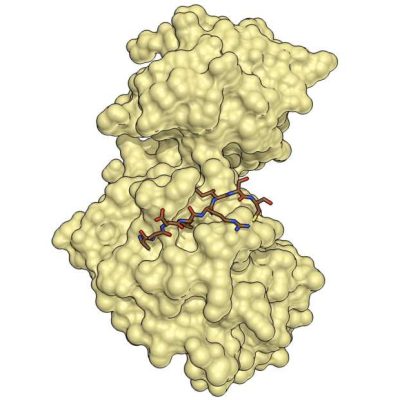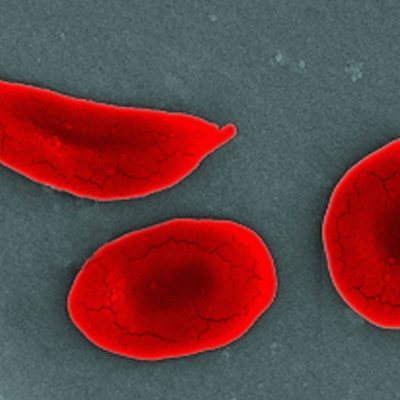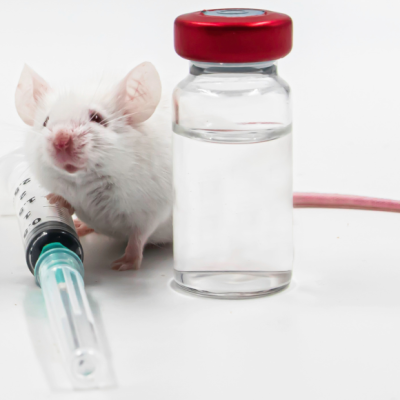New research has found that the interaction between the stimulating neurotransmitters dopamine and serotonin in the brain can determine whether or not a person develops a cocaine addiction. The study, conducted by scientists at the University of Geneva, used mice to investigate the mechanisms behind why some individuals lose control over the drug while others do not. The researchers found that when mice were given cocaine, two mechanisms occurred simultaneously: higher levels of dopamine promoted addiction, while higher levels of serotonin acted as a natural brake. The study has the potential to inform new therapies for addiction.
According to clinical studies, only around 20% of people who chronically consume cocaine develop an addiction. To investigate why this is the case, the researchers administered cocaine to mice and triggered an unpleasant stimulus with each dose. While most mice stopped consuming the drug, around one-fifth developed an addiction. The researchers found that cocaine inhibits the recycling process of dopamine and serotonin in the brain, making it more difficult for neurotransmitters to absorb the stimulating substances. The resulting increase in concentration leads to a feeling of euphoria.
The researchers then manipulated the genes of some mice so that cocaine only increased dopamine levels. As a result, 60% of the mice developed a cocaine addiction. However, when the mice were given a serotonin drug, the addiction rate dropped back down to the original 20%. The researchers concluded that cocaine has a natural brake that is effective in four out of five cases, but only if serotonin is not overtaken by dopamine. The study’s findings have the potential to inform new therapies for addiction, and further research will investigate whether epigenetic changes could be responsible for why some people develop addictions while others do not.










